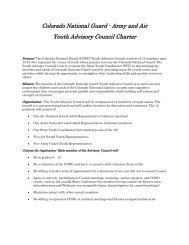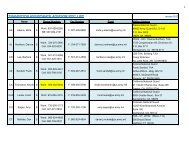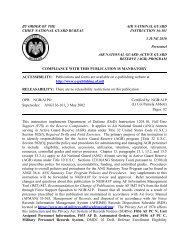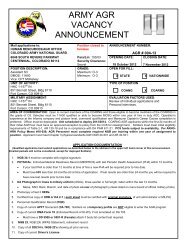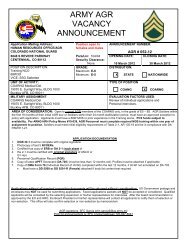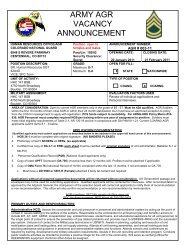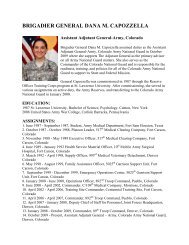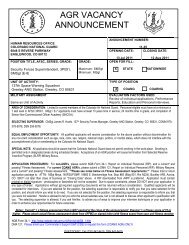Prosecuting Alcohol-Facilitated Sexual Assault - National District ...
Prosecuting Alcohol-Facilitated Sexual Assault - National District ...
Prosecuting Alcohol-Facilitated Sexual Assault - National District ...
You also want an ePaper? Increase the reach of your titles
YUMPU automatically turns print PDFs into web optimized ePapers that Google loves.
THREE-STEP PROCESS<br />
present expert testimony explaining any injury or lack thereof. 86 When<br />
injury exists, use an expert to explain that the victim’s description of how<br />
the injury occurred is consistent with the examiner’s findings. If there is no<br />
injury, use the expert to explain how it is possible that a woman could be<br />
raped but have no physical injuries. Have the expert testify that the lack of<br />
trauma is not inconsistent with rape. Have the expert testify that in his/her<br />
training, practice, and experience, significant physical injury from a rape is<br />
extremely rare. Moreover, if the victim was unconscious, it is likely that<br />
there will not be any injuries at all; an unconscious victim cannot resist.<br />
Similarly, there will probably not be torn clothing. Look for injuries consistent<br />
with a drunken victim. For example, are there bumps to the victim’s<br />
head, abrasions on her back, or other bruises that support her level of<br />
intoxication?<br />
It must be remembered that rape victims who do not suffer immediately<br />
apparent injury may still suffer severe long-term consequences.“A number<br />
of long-lasting symptoms and illnesses have been associated with sexual<br />
victimization including chronic pelvic pain; premenstrual syndrome;<br />
gastrointestinal disorders; and a variety of chronic pain disorders, including<br />
headache, back pain, and facial pain.” 87 If any of these symptoms or<br />
illnesses is present by the time the case goes to trial, evidence of them<br />
may be presented.<br />
Experts on Victim Behavior 88<br />
Victims often behave in ways that are counterintuitive to jurors’ expectations.<br />
Jurors expect “real” rape victims to resist their attackers to the<br />
utmost of their ability, report the rape immediately, and be hysterical in<br />
court. In reality, victims behave in any number of ways, many of them<br />
counterintuitive. 89 When victims do not behave in ways that are consistent<br />
with jurors’ expectations, jurors tend to assume that the victims are lying.<br />
To explain a victim’s counterintuitive response to rape to a jury, the prosecutor<br />
must first understand it. Identify any behaviors that appear counterintuitive,<br />
such as not screaming during the rape, failing to immediately<br />
report the rape, or continuing to socialize with the rapist.Work with the<br />
victim and any of her counselors or advocates to understand these behaviors.<br />
For example, if a victim delayed in reporting the rape to the police,<br />
NDAA<br />
29





